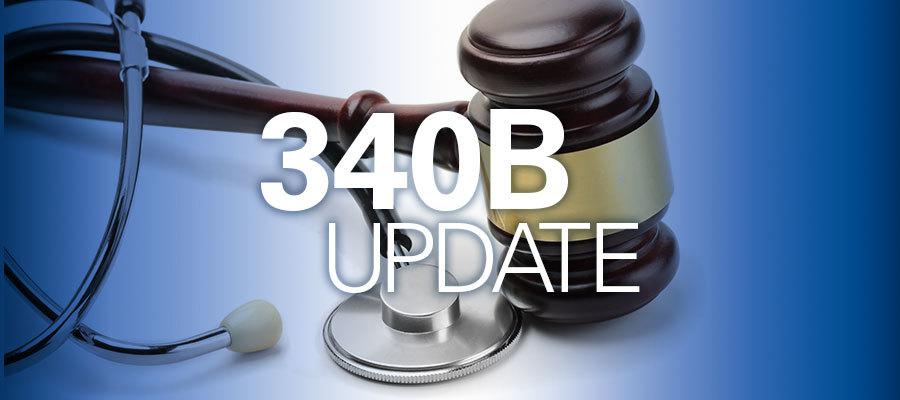AHA says HRSA vastly underestimates costs 340B Rebate Pilot Program will inflict on hospitals, urges agency to delay implementation

The anticipated burdens on hospitals to comply with the Health Resources and Services Administration’s 340B Rebate Pilot Program far exceed the agency’s estimates, and HRSA should delay the program’s implementation, the AHA today told the agency.
“HRSA has greatly underestimated the costs that its 340B Rebate Pilot Program will inflict on hospitals, and it has not addressed the many operational challenges that covered entities identified in their comments to the agency,” AHA General Counsel and Secretary Chad Golder said in a statement. “The pilot program is simply not ready for primetime. The AHA urges HRSA to delay implementation by at least a year.”
In a letter responding to HRSA’s information collection request regarding the expected costs of its 340B Rebate Model Pilot Program, the AHA said 340B hospitals indicated that the operational costs associated with the rebate model could range from $150,000 to over $500,000 per hospital, with costs increasing further if there are significant delays and denials with the rebate payments. These costs are significantly higher than HRSA estimated.
“Even a conservative estimate would yield over $400 million in annual costs for 340B hospitals to comply with the rebate model,” the AHA wrote. “And these costs don’t include the millions of dollars 340B hospitals would be providing to drug companies as interest-free loans through the rebate model. They also do not include the nonmonetary burdens that patients and communities will suffer, and hospitals will then need to treat, because 340B covered entities will have fewer resources for health care services. Spending these 340B dollars on administrative compliance with a pilot program, rather than using those funds to ‘stretch scarce federal resources as far as possible, reaching more eligible patients and providing more comprehensive services,’ is manifestly counter to the program’s purpose.”
